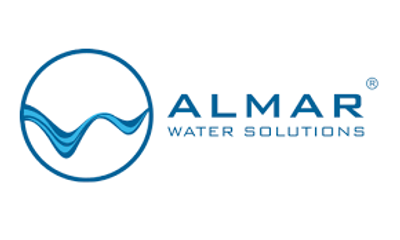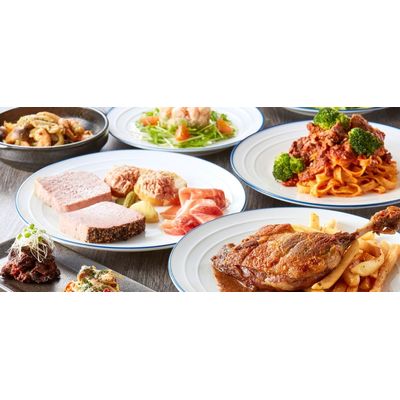

- Home
- Companies
- Almar Water Solutions
- Articles
- The Influence of Water on Global ...

The Influence of Water on Global Gastronomy
Water is present in everything we eat. It often goes unseen, yet it is essential for growing, processing, transporting, and preparing every ingredient that reaches our tables. From a cup of coffee to a fresh salad or a plate of rice, water is at the heart of global gastronomy. Today, in an increasingly interconnected world, this relationship between water and food takes on new dimensions, bringing opportunities, challenges, and above all, a growing need for balance and sustainability.
Agriculture accounts for approximately 70% of global freshwater use. Growing the food we consume—fruits, vegetables, grains, coffee, meat—requires significant amounts of this resource. For instance:
- Producing 1 kg of rice requires around 2,500 litres of water
- Around 15,000 litres are needed to produce 1 kg of beef
- A simple 500 g loaf of bread requires about 650 litres of water (from wheat cultivation to baking)
This concept of virtual water, the water used indirectly during the production of goods, is key to understanding the water impact of our diets.
For centuries, culinary traditions were built around local and seasonal ingredients. Today, we live in a very different reality: global consumers expect variety and year-round availability of all kinds of food, regardless of location or season.
Mangoes in winter, asparagus grown in deserts, avocados cultivated in arid regions, behind this diversity lie complex agricultural and water systems, often reliant on large-scale irrigation, extensive transport infrastructure, and water-intensive processes.
This transformation has improved access and variety, but it also raises important questions:
Are we producing food in a sustainable way? Can we maintain these food systems without depleting our water resources?
Gastronomy is much more than what we eat, it represents culture, economy, creativity, and increasingly, a platform for sustainability. Chefs, producers, and regions are leading initiatives that link the origin of food with responsible water use.
In Murcia, Spain, one of Europe’s most advanced regions in water management, agricultural products are cultivated with reclaimed water and served in fine-dining restaurants. Some establishments work exclusively with local ingredients grown using efficient methods or reused water, promoting a new concept: the water kilometre.
On an international level, chefs such as José Andrés have spoken out about the importance of resilient food systems. His organisation, World Central Kitchen, advocates for access to sustainably prepared meals in emergency situations, where water scarcity is an immediate concern.
From a regulatory perspective, the European Union has taken a significant step forward with the implementation of Regulation (EU) 2020/741, which sets clear criteria for the safe use of treated wastewater in agriculture. This regulation opens new possibilities for more circular farming models, supporting food production without overexploiting natural water sources.
The gastronomy of the future will be defined by its respect for water, from cultivation to the plate.
Despite the challenges, there is good news: solutions already exist. At Almar Water Solutions, our mission is to ensure that water remains a driver of development, food security, and wellbeing, without putting its future availability at risk.
From desalination that supports agriculture in coastal areas, to the treatment and reuse of wastewater in farming, advanced water technologies are helping to close the water cycle and reduce stress in key agricultural zones.
In addition, digital irrigation tools, data-based water planning, and PPP models in rural infrastructure are enabling more efficient water use without compromising productivity.
Global gastronomy will continue to evolve—with new flavours, new habits, and new demands. But this evolution must be accompanied by greater awareness of water’s role in our food. Today, consumers, producers, governments, and investors have a unique opportunity: to support a more transparent, responsible, and resilient food system.
Because behind every dish, there is a story, and at the heart of that story… there is always water.
Sources:
- World Bank – High and Dry: Climate Change, Water, and the Economy, 2016
- Water.org – Water Facts: Economic Impact.
- European Commission – Environment – Water Reuse Regulation (EU 2020/741)
- European Environment Agency (EEA) – Water Savings for a Water-Resilient Europe, 2023.
- EPA (U.S.) – Summary of the European Union’s Regulation on Agricultural Water Reuse.
- FAO – Food and Agriculture Organization – Water for Sustainable Food and Agriculture, 2017.
- World Central Kitchen – José Andrés and humanitarian response with food and water.
- Región de Murcia – Consejería de Agua, Agricultura y Medio Ambiente. Información general sobre reutilización de agua en agricultura y experiencias locales.
